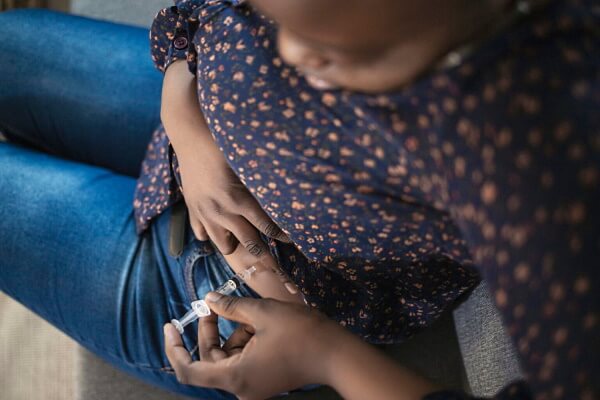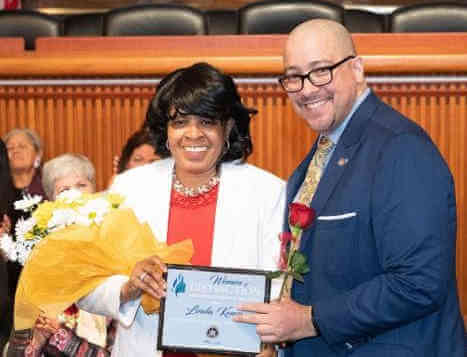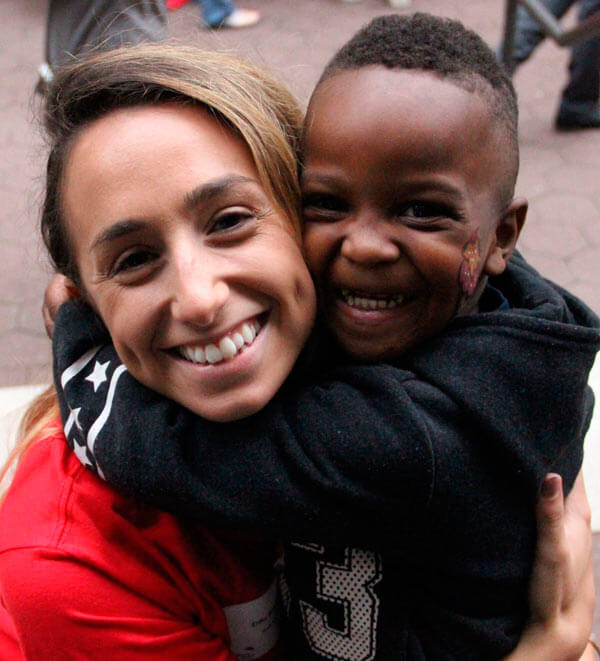This article was updated on Nov. 29 to include a statement from the Department of Education.
Parents and advocates have long called on NYC schools to increase equitable access to care for students with diabetes — a disease that affects more than 13,000 children annually — and now a recent federal court settlement could finally address those concerns.
On Jan. 27, a federal court ruled that New York City’s Department of Education (DOE) violated the Americans with Disabilities Act (ADA) by routinely denying students with diabetes access to field trips and bus transportation, a matter that stemmed from a 2018 class-action lawsuit where parents of students with Type 1 diabetes alleged the DOE systemically failed to provide basic and appropriate care for their children.
But a settlement agreement reached between the two parties this week could bring long-awaited changes to the NYC public school system to meet Section 504 guidelines, which requires public schools to offer accommodations for eligible students with disabilities.
Under the settlement, the DOE must provide care for students with diabetes that does not exclude or segregate from their classmates, as well as training for staff and contractors like nurses, paraprofessionals, administrators, bus drivers and attendants, and teachers and other staff.
Parents and advocates claimed — and the U.S. District Court for the Eastern District of New York ruled — that Section 504 had been systemically unmet by the DOE.
“We are pleased to have worked constructively with advocates to improve services to these students and have begun implementing the reforms set forth in our settlement agreement,” said a DOE spokesperson in a statement to the Bronx Times on Wednesday.
DOE officials said they have agreed to these reforms and have already begun implementing them.
In January, the Bronx Times chronicled the story of one of three defendants — I.F., a Spuyten Duyvil resident — who was diagnosed with Type 1 diabetes in 2013. Her mother, Jennifer Fox, told the Times she began noticing shortfalls in the city’s education and daycare system’s ability to accommodate her daughter’s health condition when she had been denied by a few city day cares when her daughter was just around two years old.
Incidents such as I.F. being denied enrollment at day cares across the city and being singled out or “othered” for blood testing at inconsistent locations as early as pre-K would define the systemic hurdles that students with diabetes face.
“When I realized how hard it was to find accommodations in the day care system, I saw it early on,” Fox told to the Bronx Times in a previous interview. “And in a lot of cases, the (DOE) putting the school’s staffing concerns and inconveniences over the needs of the child.”
Type 1 diabetes is a genetic condition that often shows up early in life, while type 2 is mainly lifestyle-related and develops over time.
The DOE admitted in court that they had not met the needs of students like I.F., who travel from the Bronx to the Lower East Side of Manhattan for schooling and spend approximately three hours on the bus each day. Those unmet accommodations forced I.F.’s father to bring her to school every day, a luxury that her mother says would otherwise burden families who lack an adequate safety net of dual parenting, job flexibility or a sizable income.
Many students with diabetes require assistance with diabetic tasks — such as administering Glucagon, a hormone that works with other hormones and bodily functions to control glucose levels in the blood — in order to attend field trips, but the DOE relies on “unreliable contract nurses” to fulfill field trip requests, advocates say.
From September 2016 through March 2020, requests for trip nurses went unfilled almost a quarter of the time, which the city admitted was likely an undercount, according to the court documents.
DOE students with diabetes denied equal access to transportation, field trips: Court
“This extraordinary settlement will give NYC public school parents of students with diabetes the comfort and peace of mind in knowing their children will be safe at school as they receive care as prescribed by their child’s diabetes health care provider,” said Crystal Woodward, director of the American Diabetes Association’s Safe at School initiative. “The American Diabetes Association is hopeful this settlement with one of the largest school districts in the country will motivate other school districts to examine their diabetes policies and practices and also offer parents and advocates another tool to add to their diabetes advocacy toolkit.”
Reach Robbie Sequeira at rsequeira@schnepsmedia.com or (718) 260-4599. For more coverage, follow us on Twitter, Facebook and Instagram @bronxtimes.






















